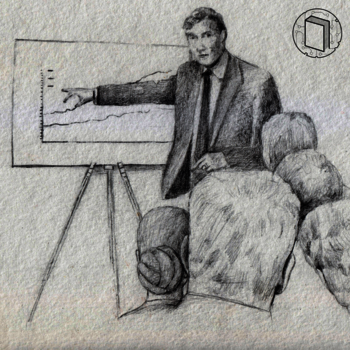 Featured Research
Featured Research

This month, former GHIL Fellow Felix Römer (HU Berlin) published his award-winning habilitation under the title Inequality Knowledge: The Making of the Numbers about the Gap between Rich and Poor in Contemporary Britain in our series Publications of the German Historical Institute London.
We had the chance to talk to Felix about his new book and ground-breaking research:
What is your book about and why this topic?
Originally, I was working on the conceptual history of social justice in twentieth-century Britain, but when I came across references to income and wealth inequality again and again, I changed course. When I looked closer, I found that the discourse heavily depended on statistics, with views often phrased in statistical terms such as the top 1% in today’s world. That sparked my interest in how statistical knowledge about inequality was produced and how it affected political thought. Thus the book is about both the history of ‘inequality knowledge’ and political culture in contemporary Britain.

What did you find?
I found that the making of inequality knowledge depended not just on academic ideas but also on changing societal conditions. In the postwar decades, the state bureaucracy pioneered key statistics but also neglected statistical infrastructures. In the 1970s, economic inequality was rediscovered, and more knowledge was produced than ever before. Under Thatcher, these advances were reversed, which meant that the inequality boom of the 1980s did not become public knowledge until the 1990s. All the while, inequality was mostly discussed in national terms because national governments were not keen to promote a global debate.
Why is it important?
Today, inequality is back on the political agenda, and historical perspectives can enhance our understanding of the debate. The ways in which we think and speak of social issues have been influenced by knowledge, and this has empowered not just scholars, but also journalists, activists, and not least civil servants. Also, knowledge production is a litmus test for the commitment of governments to social policies, and demand for knowledge indicates how much societies care.